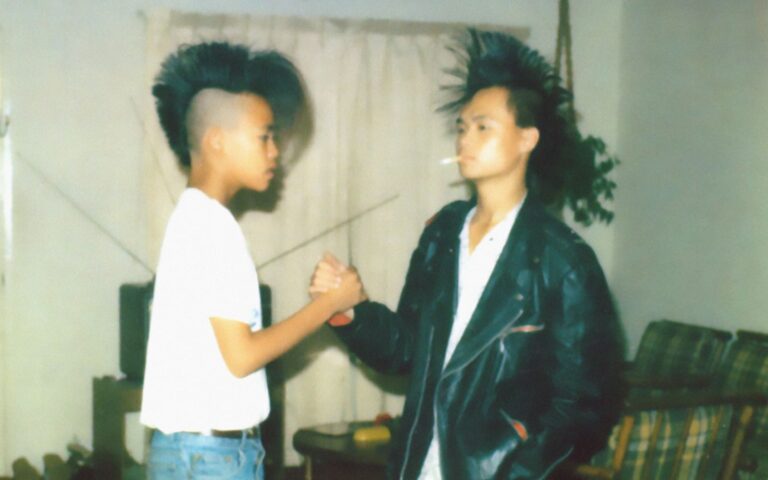By Alexia Bréard-Anderson
Montréal’s premier gathering for electronic music and digital creativity returns with an immersive three-act program bridging AI, XR, Indigenous tech, and ecological imagination.

When asked how often audiences have shared how deeply her latest film, New Wave, resonates with them, Emmy-winning producer and documentarian Elizabeth Ai exclaims “So many times!”
“You feel so terrified before launching the film into the world, but to hear that it’s actually helping people start conversations—it’s been incredible,” Ai tells RANGE ahead of the film’s screening on Feb. 4 at the Rio Theatre in Vancouver. “The lights came up at the very first public screening, and from then on, I just kept hearing more and more people tell me about how necessary this is, and how much it’s going to be helpful.”
New Wave weaves Ai’s family history into an exploration of the 1980s music scene that became a touchstone for Vietnamese-American communities. Mixing traditional documentary methods with nuanced recreations, Ai refers to the project as “hybrid filmmaking.”
As dynamic as its style, New Wave’s focus shifts seamlessly between its survey of ’80s music and a deeper examination of Vietnamese-American trauma, revealing a personal narrative about Ai’s own journey through estrangement, motherhood, and healing.
“I hope the film resonates and moves people, but it’s not just for the Vietnamese community,” Ai says, referencing the universality of its themes. “Anyone who’s ever felt displaced or struggled to find belonging can connect with this.”
Recently becoming a mother herself, Ai explained that her young daughter’s inquiries about her grandmother—Ai’s own estranged mother—affected the filmmaker, like “opening a wound.”
“My mom and I reconnected, but it’s really square one,” says Ai. “I try not to regret the distance in our lives—maybe it was necessary for us to heal in our own ways.”

The healing power of New Wave extends beyond Ai’s personal story. The film highlights figures like Lynda Trang Dai, an iconic star of Vietnamese pop, while shedding light on the shared struggles of displacement and intergenerational trauma.
“I don’t look like you, and you don’t look like me, but there’s something universal about not being where your people are originally from,” Ai says. “That experience of displacement ripples through generations.”
Ai’s extensive research also led her to develop a companion book, New Wave: Rebellion and Reinvention in the Vietnamese Diaspora. Although she mentions that her next film project will move away from the documentary format, she will continue to explore themes of motherhood.
“My next feature will be fiction, but it will continue to explore themes of maternal grief and mother-daughter relationships,” she says. “There’s so little of that in the world, and I think it’s something we yearn to see more of.”
By Alexia Bréard-Anderson
Montréal’s premier gathering for electronic music and digital creativity returns with an immersive three-act program bridging AI, XR, Indigenous tech, and ecological imagination.
By Adriel Smiley
Ian Mark Kimanje’s powerful documentary traces Carnival’s roots from slavery and survival to global celebration.
By Liam Dawe
With genre-defying bookings and once-in-a-lifetime artist pairings, the 46th edition keeps rewriting the folk playbook.